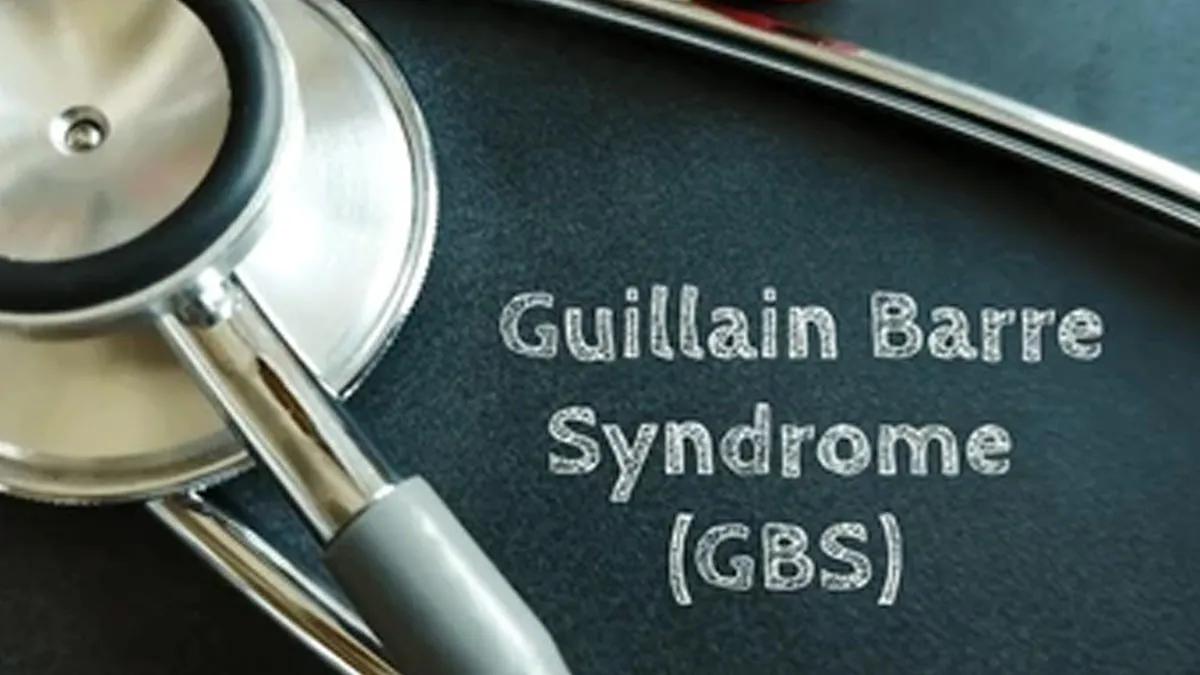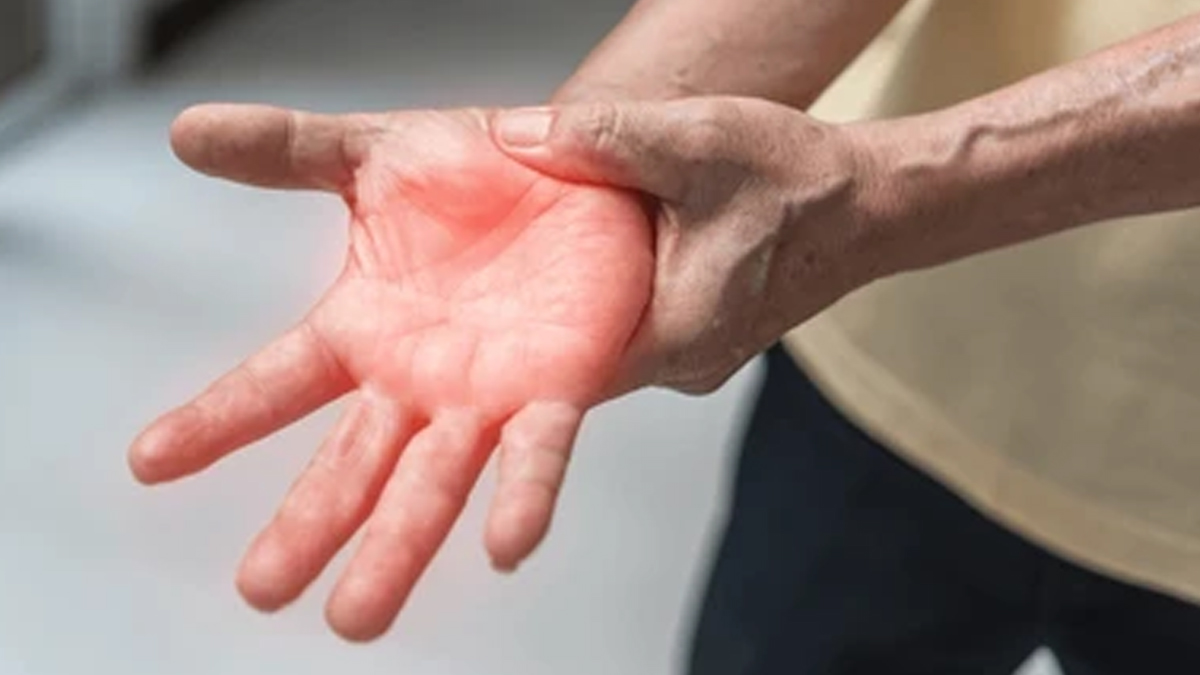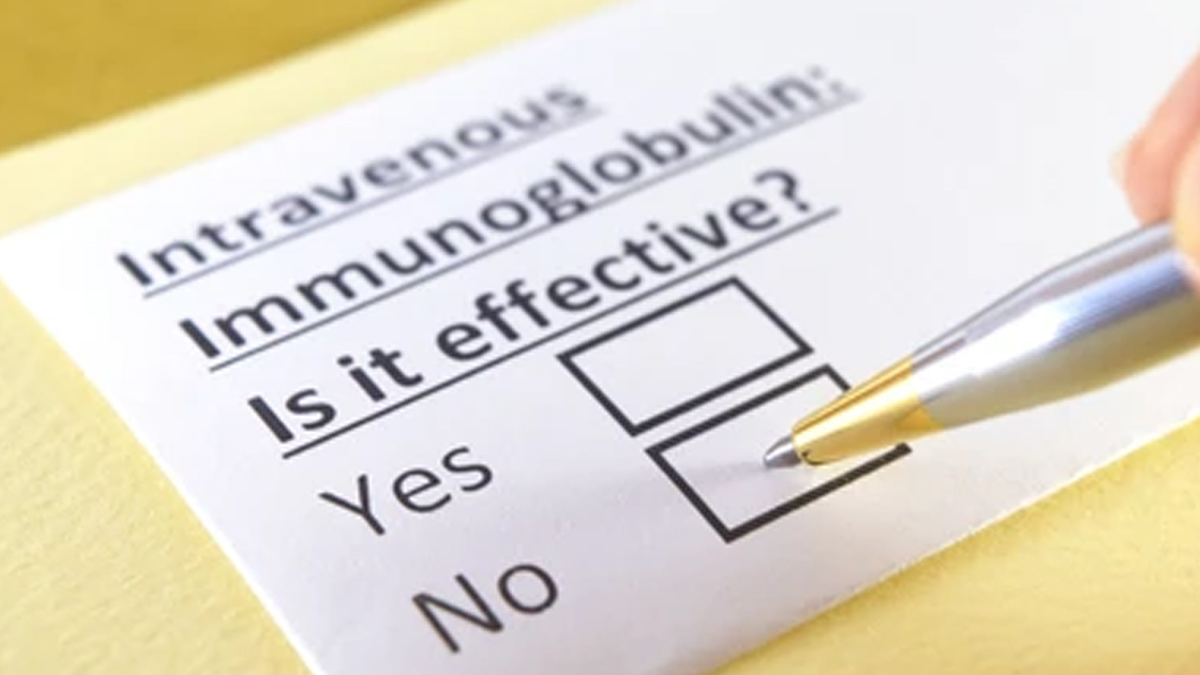
Guillain-Barré Syndrome (GBS) is a rare but serious neurological disorder that can turn routine movements into overwhelming challenges. What starts as mild tingling or weakness in the legs can rapidly progress, sometimes leading to full-body paralysis. The connection between GBS and paralysis lies in how the syndrome disrupts nerve function, preventing proper communication between the brain and muscles.
Table of Content:-
We spoke to Dr Sheetal Goyal, Consultant Neurologist, Wockhardt Hospitals, Mumbai Central, who explained the connection between GBS and paralysis and how to recognise symptoms early and seek timely treatment.
How GBS Leads to Paralysis

"GBS normally starts with tingling or weakness in the legs, which can rapidly spread to the upper body. As the condition progresses, the nerve damage caused by the immune attack interrupts signals between the brain and the muscles, leading to temporary paralysis," said Dr Goyal.
In severe cases, paralysis can extend to the respiratory muscles, making it difficult for patients to breathe independently. These patients may require ventilatory support to maintain oxygen levels. When a person's ability to breathe is impaired, they are usually put on a ventilator. In such cases, GBS patients should be monitored for complications, such as abnormal heartbeats, infections, blood clots, and high or low blood pressure, according to the World Health Organization (WHO).
The severity and progression of paralysis in GBS patients vary. Some individuals may only experience mild weakness, while others could suffer from complete paralysis, including difficulties with facial movements, swallowing, and speaking. The extent of nerve damage determines how much the motor functions are affected.
Also Read: Guillain-Barré Syndrome (GBS) Cases Tracker: Death Toll Rises To 7
Why Does This Happen?

"GBS is often triggered by infections, such as Campylobacter jejuni (a bacterial infection), influenza, or even after vaccinations. The immune system, while fighting these infections, mistakenly attacks the myelin sheath, the protective covering around nerves, leading to inflammation and impaired nerve function," added Dr Goyal.
The immune attack in GBS is an example of molecular mimicry, where the immune system confuses nerve cells with harmful pathogens. This misunderstanding leads to the unintended destruction of nerve tissues.
Also Read: Guillain-Barré Syndrome: This Autoimmune Condition Can Be Caused By Infections Other Than C. Jejuni
Recovery and Treatment For GBS
While GBS can cause life-threatening paralysis, it is generally temporary and treatable with proper medical care. Early diagnosis and timely intervention are crucial in preventing severe paralysis and complications. The main treatment options for GBS include:

- Intravenous Immunoglobulin (IVIG): This treatment involves administering healthy antibodies from donors to help neutralise the immune system’s attack on the nerves.
- Plasmapheresis (Plasma Exchange): The procedure involves removing a portion of blood, separating the plasma (the liquid part of the blood), and then returning the blood cells to the body with a replacement fluid. This process can help by removing harmful antibodies that damage nerves, according to the National Institute of Neurological Disorders and Stroke.
- Supportive Care: In severe cases, patients may require ventilatory support, pain management, and physical therapy to maintain muscle strength and prevent complications from immobility.
The majority of individuals with Guillain-Barré syndrome make a complete recovery, even in severe cases, though some may still feel lingering weakness. In the best circumstances, a small percentage of patients may unfortunately succumb to complications, such as paralysis of the respiratory muscles, bloodstream infections, pulmonary embolism, or heart failure, as stated by WHO.
Bottomline
Dr Goyal concluded, "GBS-induced paralysis occurs due to immune system attacks on peripheral nerves, leading to inflammation and impaired signal transmission. Though the condition can be alarming, early diagnosis and proper medical treatment significantly improve recovery outcomes. Awareness, early intervention, and comprehensive care are key to ensuring the recovery for those affected by GBS."
[Disclaimer: This article contains information provided by an expert and is for informational purposes only. Hence, we advise you to consult your professional if you are dealing with any health issue to avoid complications.]
Also watch this video
How we keep this article up to date:
We work with experts and keep a close eye on the latest in health and wellness. Whenever there is a new research or helpful information, we update our articles with accurate and useful advice.
Current Version